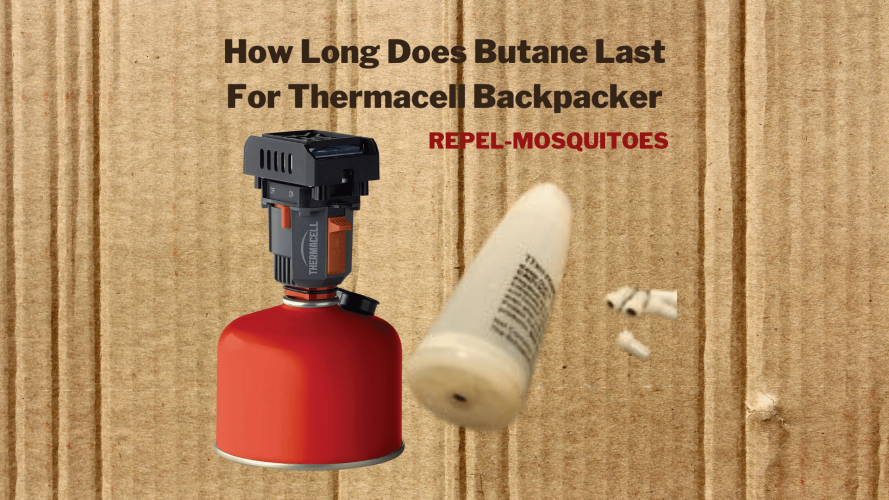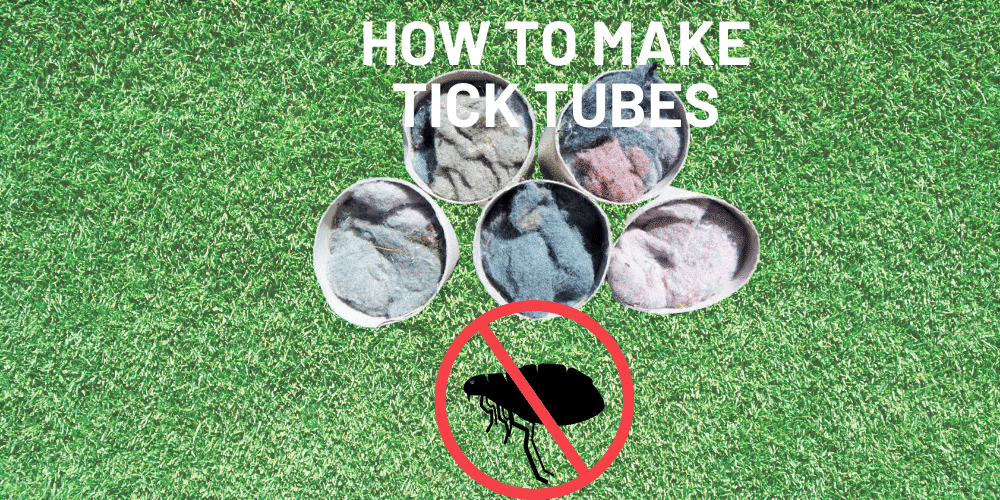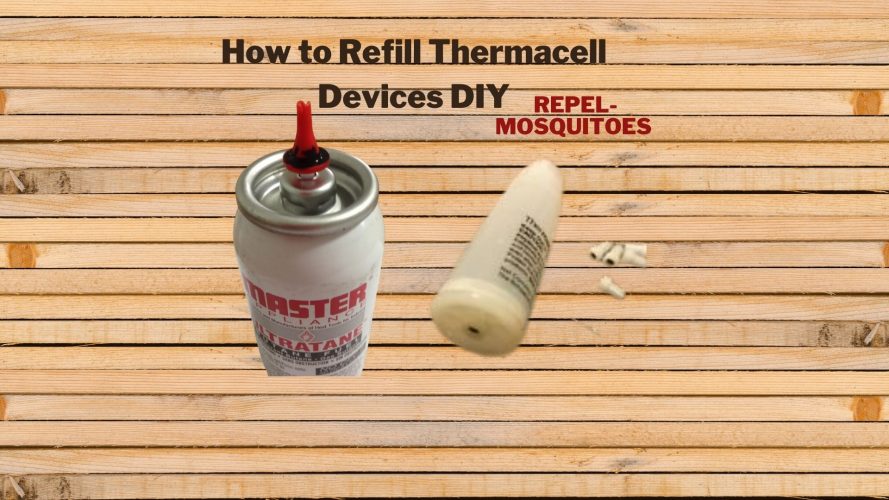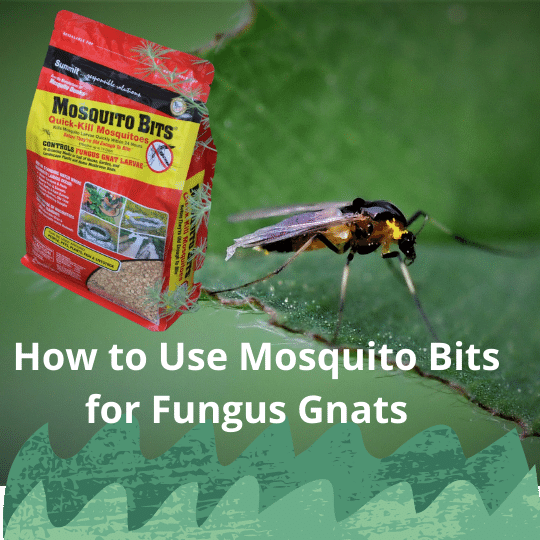There are plenty of things that you need to know about mosquitoes, and the latest one is how mosquito repellent works. Learn all about the science behind this new technology in this article from us.
What is a repellent?
A repellent is a substance or device that is used to deter pests from coming into contact with the skin. Mosquitoes are one type of pest that can be deterred by repellents. Different repellents work best against different pests.
How does a repellent work?
Mosquitoes are attracted to smells and substances that humans produce. Some common ingredients in mosquito repellents are DEET, picaridin, IR3535, and oil of lemon eucalyptus. These ingredients create smells that mosquitoes find unpleasant and will avoid. Some repellents also contain natural oils, such as camphor. These oils repel mosquitoes and cause them to desert the area where they are being applied.
Mosquito Repellent Components
There are many mosquito repellent components that work together to keep you safe from pesky pests. Here is a list of what you may need to keep mosquitoes at bay:
-Deet insect repellent cream
-Mosquito coils or electronic devices
-A physical barrier such as a screened-in porch or a dense shrubbery
History of Mosquito Repellents
Mosquito repellents have been around for centuries and were first used in Asia. They have been used to prevent the spread of malaria, dengue fever, and other mosquito-borne diseases. There are different types of mosquito repellents, including lotions, sprays, candles, tablets, and coils. The most common type of mosquito repellent is the citronella candle.
The most effective mosquito repellent depends on the type of mosquito it is intended to repel. Some repellents work against all mosquitoes while others are specific to a certain species. To be most effective, you should use a combination of different types of repellents in order to cover as many areas as possible. Make sure to read the instructions carefully before using your repellent to avoid any negative effects.
There are several factors that can affect how effective a mosquito repellent is: the weather, where you are using the repellent, your body chemistry, and your clothing. The effectiveness of a mosquito repellent will also vary depending on the time of year. In general, however, using a mosquito repellent will help reduce the number of bites you get from mosquitoes.
Myths of Mosquito Repellents and How To Avoid Them
Myth: Repellent will prevent mosquitoes from biting.
Truth: Mosquito repellents will only help to repel mosquitoes for a short period of time. In order to be effective, repellents must be applied frequently and directly to the skin. Alcohol-based repellents are the most effective and should be used in combination with other bug-prevention tools like window screens and long sleeves when outdoors.
Types of Mosquito Repellents: Chemical vs Natural
The most common type of mosquito repellent is a chemical. These products are made up ofDEET, pyrethrin, and other active ingredients. They work by killing the mosquito larva or pupae before they can hatch. While this type of repellent is effective, it comes with some downsides. For example, DEET can be harmful if it’s applied improperly (it can be toxic if concentrated), and some people find that it’s not as effective as natural repellents.
Another type of mosquito repellent uses plant-derived oils like citronella oil or neem oil. These products are popular in areas where mosquitoes are a problem, but they also have some downsides. For example, these products can be expensive, and many people don’t like the smell. Some people also worry about using plant-based oils on their skin since they’re not as effective against mosquitoes as chemical repellents.
There’s also a type of natural mosquito repellent called permethrin. This product works by interfering with the mosquitoes’ ability to breathe. While it’s more expensive than other types of repellents, permethrin is often considered the best option for long-term protection because it



